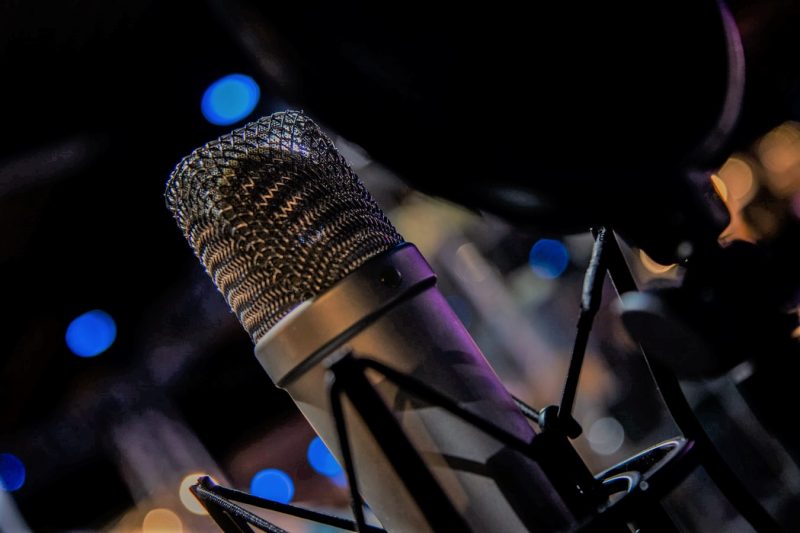(Source: Slate via NT)
Replacing Humans “Is the Furthest Thing From Our Mindset,” Says the Company Selling an A.I. Radio Host
RadioGPT can talk. It can research. It can take your calls. And it could be coming to your market.
The humble broadcast-radio host, whether a disc jockey or interviewer or reporter, has been going through it for decades now. The 1996 Telecommunications Act fueled the consolidation of local stations, decimating their staffs. The explosion of online radio, music and video streaming, and podcasting have upended ratings for shows on public airwaves. Phones and computers and smart speakers increasingly supplant radio sets. Funding for public radio is notoriously unreliable. It isn’t the best time for your modern-day Wolfman Jacks, or for any media profession.
On top of all that, your local DJ was already on the losing end of the artificial-intelligence revolution. Before the A.I. hype from last year, and even before the COVID recession demolished media ad markets, broadcast networks were gutting on-air talent at the both the national and collegiate level to trim budgets and automate programming: syndicating well-known shows and brands, prerecording and prearranging late-night broadcasts, training a roboticized voice to fill in the space when needed. Coupled with major streaming services’ dependence on algorithms and automation to curate playlists and make user recommendations—often with bizarre side effects—these developments make clear that the music industry anticipates the need for fewer humans down the line.
A.I. hasn’t yet finished killing the radio star, nor is it truly likely to anytime soon. But there’s a new digital buddy out there that might give hosts additional pause: RadioGPT, a new tool from the Ohio-based software company Futuri Media that fully digitizes the broadcast host as you know it. [Continue reading at Slate…]


Have you listened to the Radio GPT demo station (streaming at their website)? It’s pretty amazing actually, you would hard to pick they are not “real” DJs voicing. It sounds much better than I was expecting.
Yeah that is the scary part of it. Just like the “AI voice changer” sites that let you pretty convincingly (if you get the “input” right) sound like any other person, or all the documents, web content or homework created by ChatGPT and people only noticing it if you do it wrong. This comment was written by a human…or was it? 🙂
If you have ever heard a DJs who know what they’re doing and don’t have some back office format idiots looking over their shoulder, it can be a lot of fun. I mean, so much fun that you don’t want to turn off the radio.
Now meet the robot DJ overlords. This guarantees the mediocrity of the format. It’s no wonder my children don’t bother listening to the radio. There’s nothing worth listening to.
I once had a program director tell me that he’d play the sound of roaring chainsaws if there was money in it. I guess we’ll find out now if he was right.
“Replacing Humans “Is the Furthest Thing From Our Mindset,” Says the Company Selling an A.I. Radio Host.” Of course it is the furthest thing. The actual mindset is to make money from those who do want to replace those pesky humans.
Of course, from the beginning of the industry, radio has shot itself in the foot numerous times. But there was always time for the wound to heal. That’s no longer the case for all the reasons presented in the first couple of paragraphs of the article.
As a 46-year broadcaster who lost a job recently to an out-of-state voice-tracker who voices shifts for several stations across the nation, I know this to be true. The station I worked for now has one live shift a day. Everything else come from out-of-state from who knows where. Along with a corporate-generated music playlist that is the same for every station in that format within the company. Use the web to survey the stations and you’ll find them all playing the same song at the same time.
This time, radio will die from it’s wounds. Sad…